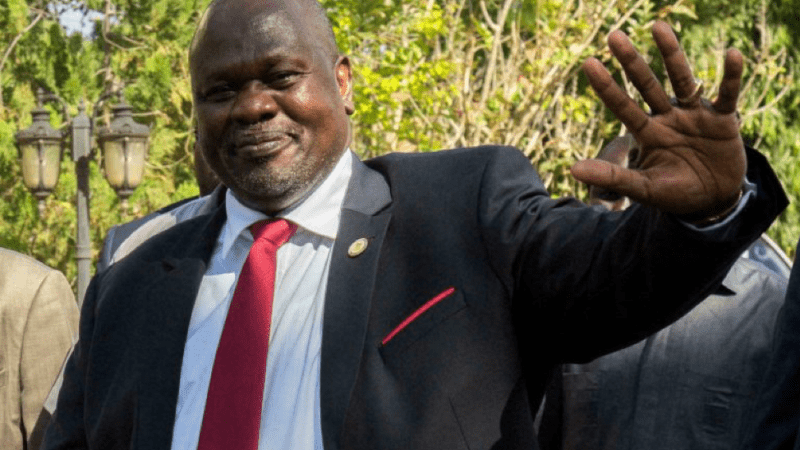A new investigative report by The Sentry has exposed the national security service control over key sectors of the country, ranging from media to natural resources. 
The Sentry says the NSS plays a critical role in the capture of public institutions and revenue streams in South Sudan.
It says published reports, correspondence, eyewitness accounts, and corporate records indicate that the NSS has a broad set of tools and tactics for infiltrating and influencing public and private sector institutions for political and economic gain.
The report titled, “Undercover Activities: Inside the National Security Service’s Profitable Playbook,” details how the NSS has infiltrated almost every aspect of life in South Sudan.
The report revealed how National Security Service has covered control over the country by extending business operations across major sectors.
Corporate records reviewed by The Sentry reveals a vast network of companies with NSS shareholders across key sectors.
These key sectors include the economic sector, financial sector, oil sector, and media sector.
It alleged that some senior national security officers are shareholders in some of these important sectors.
The Sentry compiled a list of 684 members of the NSS, drawn from a roster of national security officers included in a 2019 report by the UN Panel of Experts on South Sudan.
The report also alleged that National Security is protecting those commercial interests through surveillance, repression, and extreme brutality.
The report mentioned two newspapers that are owned and managed by National Security, one of which is one of the four print newspapers in Juba.
On the economic sector, The Sentry report pointed out that NSS personnel have occupied key posts in state institutions, including, the National Revenue Authority or NRA, and the national oil company, Nile Petroleum Corporation or Nilepet.
On the oil sector, The Sentry report says the NSS benefits from oil revenue have been involved in diverting revenue from the national oil company Nilepet.
On the financial sector, the report says the NSS is also involved in critical aspects of the financial sector, from taxation and revenue collection to banking and foreign exchange.
The Sentry found that the NSS has significant international connections that may enable its operations in South Sudan and abroad.
In the report, the Co-Founder of The Sentry, John Prendergast says the country is burdened by a ruthless security that is willing to engage in state capture.
“South Sudan is burdened by a ruthless, secretive, and well-funded security service that is willing to engage in state capture, corruption, and repression to the detriment of the South Sudanese people”, John Prendergast, the Co-Founder of The Sentry said.
He called on the international community to step up and ensure that the National Security Service’s ability to both profit from and fund their gross human rights violations are restricted.
Meanwhile, Laleh Ahmad, a Researcher at The Sentry says in the report that the National Security has been conducting censorship with impunity.
He added that the National Security Service of South Sudan engages in horrific human rights abuses and censorship and does so with impunity.
“Our investigation revealed that the NSS operates far beyond its constitutional mandate and goes largely unchecked, showing a blatant disregard for South Sudanese law and international human rights standards”, said Laleh.
In its recommendations, The Sentry says the government of South Sudan should immediately close all NSS detention centers and ensure that the NSS releases all detainees who have not been charged with a crime or given a fair trial.
It added that there should be an immediate, transparent, and impartial investigation into all allegations of NSS misconduct, including allegations of torture and sexual violence.
Besides, it called on the government to ensure that those NSS officials implicated in such crimes are appropriately prosecuted.
The Sentry is an investigative organization that tracks corruption.
It is also a policy organization that seeks to disable multinational predatory networks that benefit from violent conflict, repression, and kleptocracy.










